IS AI CRUSHING CREATIVITY?
"We must aggressively recognize when the Overton Window is being shifted and advocate for a more ethical and responsibly managed approach to AI that will benefit society, not entrap it."
We have a major thorn in humanity’s side: Artificial Intelligence. While we’ve known about it for decades and even laughed off the "Singularity is Near" Orwellian-Huxleyan-Philip K. Dickian warnings excitement from Kurzweil fanboys, the concern shouldn’t be minimized. AI isn’t just the next iteration of the iPhone with a better camera for content creators and wannabe Tarantinos. Nor is it simply the latest and greatest update to Google search as we know it. AI isn’t an upgrade; it’s a total disruption, and it will change the world in unforeseen ways.
But wasn’t that what they said of the Gutenberg Press and the Internet? Yes, these technological innovations indeed transformed the course of humanity, mostly for the better. They connected us to more knowledge and drove us to innovate across the majority of businesses based on this connectivity. However, in both cases there were still human reigns guiding these systems – this will not be the case for AI which continues to evolve from the information we feed it (at the not-so-subtle nudge from the Technocrats and their cronies) at an exponential speed.
Let’s look at the recent notable iteration of what we can expect to replace search engines as we now know them: ChatGBT. We have already heard about the problems college professors are facing with the AI generator. It’s currently hard to tell if someone actually wrote an essay or if they just plugged the assignment’s parameters into a database. While many apps and websites are ready to combat this growing issue, students unfortunately keep finding ways around each solution.
Beyond “cheating,” what does this mean for future generations and their search for unbiased truth? As of writing, it is already hard to find balanced sources, and research is extremely exhausting when you cannot rely on predominant search engines like Google to provide pure information based on a query. Imagine teenagers in a decade relying solely on a severely biased database that points back to one agenda. This has already been proven true for platforms like Wikipedia and ChatGPT. The centralization of knowledge is one of the biggest dangers we face in our lifetime. We already see this with a few companies owning major networks, but now, imagine a regulated internet. It doesn’t look too pretty.
I’ll take random “hate” speech sprinkled around the untethered network over technocracy and singularity any day. Knowledge is power. If AI is the fountain of our knowledge, we know what that will mean: it’s the “Ministry of Truth” unfolding in real time. But what of creativity?
By now, we’ve seen the new iPad commercial where CEO Tim Cook had to apologize for “missing the mark” in targeting creatives.
From CNN Business:
The ad shows symbols of human creativity, like musical instruments, paint cans, an ’80s arcade video game, and a bust of a human head crushed by a giant hydraulic press. As the metal slabs of the hydraulic press lift, Apple’s new iPad Pro is revealed.
Internet backlash to the ad was instantaneous: “The symbolism of indiscriminately crushing beautiful creative tools is an interesting choice,” wrote one social media user. “This ad effectively convinced me I need less technology in my life,” wrote another.
Other users said the ad was in poor taste amid growing fears that AI could replace workers – even those in creative fields. Actor Hugh Grant wrote on social media that Apple’s ad represented “the destruction of the human experience.”
Remember: the evildoers always reveal their plans before they unleash them. It’s called predictive programming, and we’ll delve into the history of that “conspiracy” later. By now, we should all know it’s easier to do something outlandish to test the waters — and apologize for it later. Just ask Balenciaga.
Thankfully many creatives in Hollywood see the dangers of AI as it encroaches on their livelihood. Actress, author, and now activist, Justine Bateman believes that while the recent SAG/WGA protests may have been successful in highlighting the potential dangers of AI, there's a deeper concern that hasn't been fully addressed:
Bateman's stance emphasizes the importance of critical awareness and active engagement in shaping the direction of technological progress to ensure that it aligns with human values and aspirations.
We must aggressively recognize when the Overton Window is being shifted and advocate for a more ethical and responsibly managed approach to AI that will benefit society, not entrap it.
Nevertheless, AI is here to stay. With that in mind, is there a way to marry the tools of this innovation with human creativity? I think there is. However, we have to be our own taskmaster. As film director, Ridley Scott once said:
There's a lot of fear in the film industry right now about how AI is going to impact things. The reality is it's already being used and has been used for years, and that will continue to develop. But a lot of attention needs to be paid to these issues, particularly as it relates to artists' rights, copyrights, and things like that… Ultimately, it's a tool that has to be viewed as a tool and not allowed to take over the notion of responsibility.
For instance, numerous writers currently rely on Grammarly, employing AI to enhance grammar and clarity in their writing. Similarly, ChatGBT can perform realted tasks. If you need something to help you brainstorm book titles or structure sample interview questions, is it acceptable to input options into an AI generator and assess its output? Maybe. Where do you draw the line? When does technology cease being merely a tool for our use and instead begin to erode creativity?
Nick Cave said it best in his letter featured on VICE 5 years ago.
“AI would have the capacity to write a good song, but not a great one. It lacks the nerve”.
Ultimately, this boundary is one we must delineate individually. It's a responsibility we cannot evade, for the collective impact of our choices determines whether our humanity remains steadfast against the gusts of technology or is gradually engulfed by them.
If we harness AI as solely a tool, while simultaneously honoring the essence of our God-given humanity—our innate individual talents born from the depths of our narratives, rooted in pain, yearning, and love (something AI cannot merely mimic) — then perhaps we can forge a symbiotic relationship with this technological innovation.


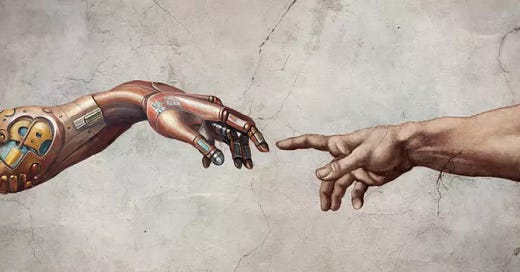




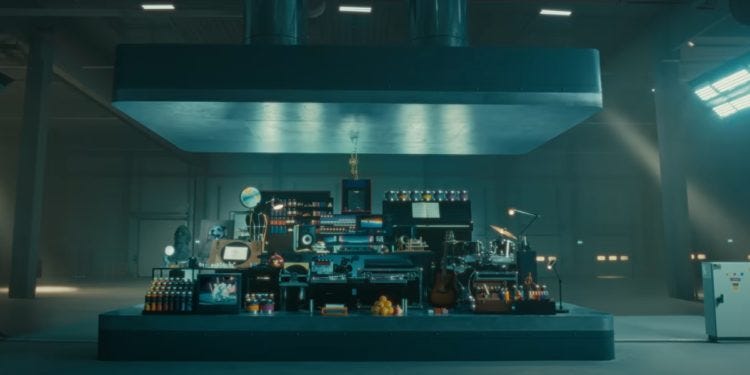
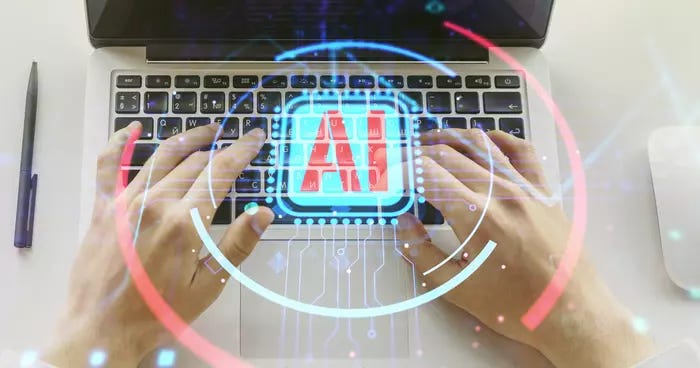
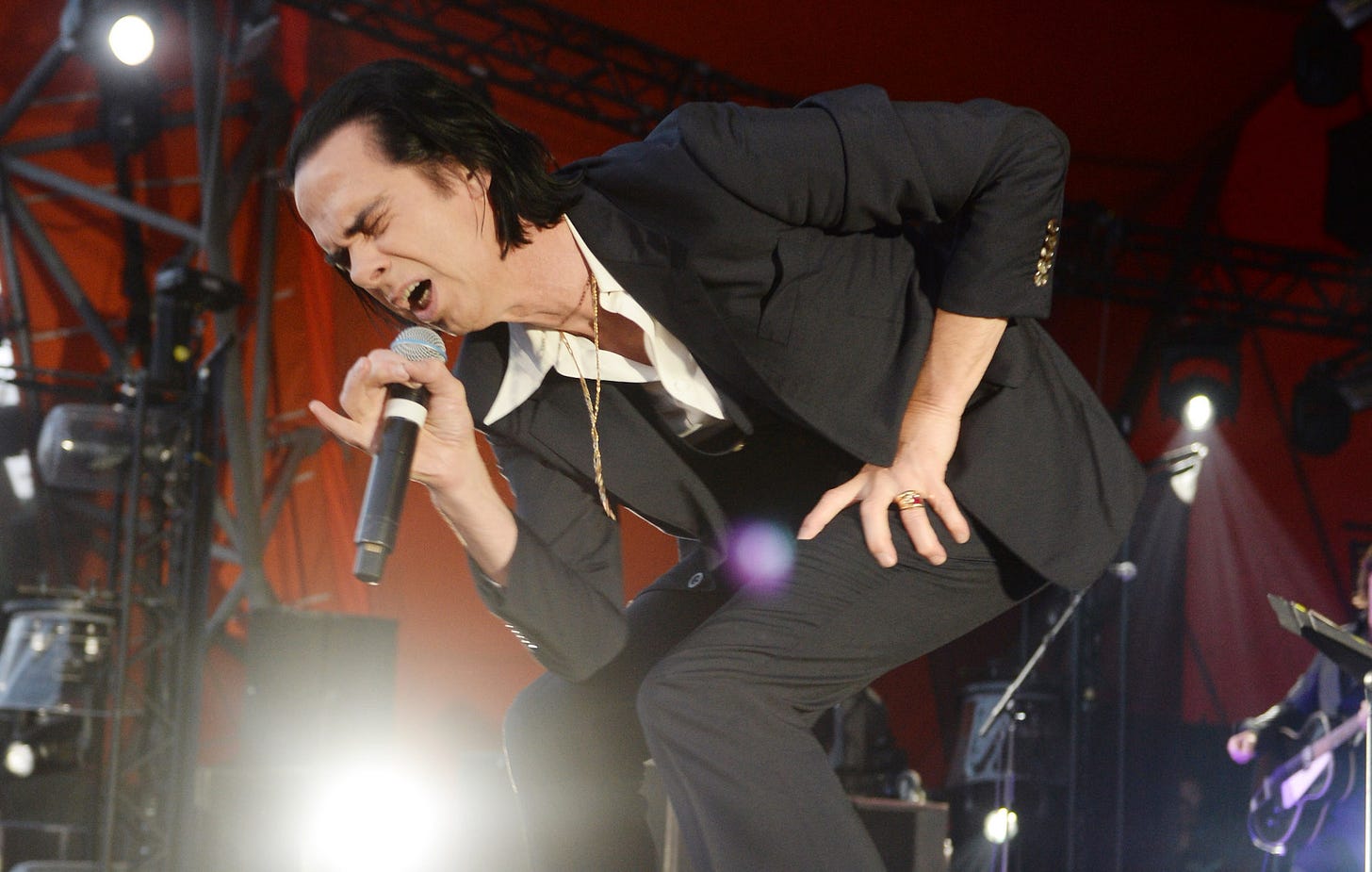
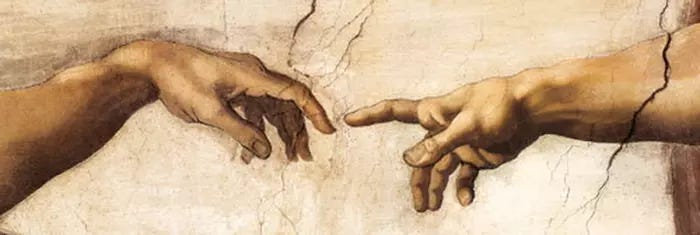
👏🏼👏🏼